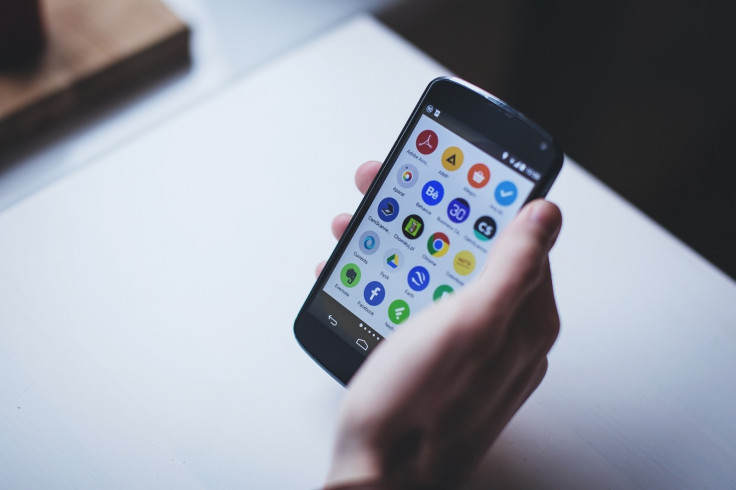Apple iPhone 7 radiation levels above safety limit? FCC starts investigation
The device, along with many others are under investigation by the US communications watchdog for emitting harmful RF radiation.
Several smartphones, including Apple's iPhone 7, are at the centre of a burning issue – they have all been alleged to be emitting harmful RF radiation. The Federal Communications Commission (FCC) has taken up the case and is looking into the matter.
The matter came to light when the Chicago Tribune conducted experiments and published their findings on Wednesday. The experiments found that the radiation emitted by the Apple iPhone 7, for instance, exposed users to double the regular amount of radiation.
The level of radiation even questions FCC's work. The communications watchdog claims that any handset that it approves will not exceed the maximum amount of radiation. It claims that it has opened investigations into the matter, which will take place over the coming two months.
The full list of handsets includes:
- Apple iPhone X
- Apple iPhone 7
- Apple iPhone 8
- Apple iPhone 8 Plus
- Samsung Galaxy S9
- Samsung Galaxy S8
- Samsung Galaxy J3
- Moto E5 Play
- Moto G6 Play
- Moto E5
- BLU Vivo 5 Mini
The devices were tested at distances of 2mm, 5mm 10mm and 15mm. The 2mm test was specifically done to see how much radiation a user is exposed to when the device is in his/her pocket. According to the Tribune, most devices failed the 2mm test. At that distance, they were emitting an unsafe level of radiation.
According to FCC, a handset can be considered safe if it emits 1.6 watts per kilogram averaged over one gram of tissue. The iPhone 8 passed the test, but the iPhone 7 failed at distances of 2mm and 5mm. However, it was Samsung Galaxy S8, that came in at the highest – it emitted 8.26 watts per kilogram.
When the findings were shared with Apple, the company stated that it provides consumers control over settings that can minimise the radiation. However, according to the report, even upon activating the settings, the iPhone 7 continued to emit harmful levels of radiation. It alleges that the testing standards might not have been conducted in an ideal testing environment and laid the responsibility of assessing the radiation at FCC's door.
Samsung also iterated that its devices were all certified by the FCC.

© Copyright IBTimes 2025. All rights reserved.





















